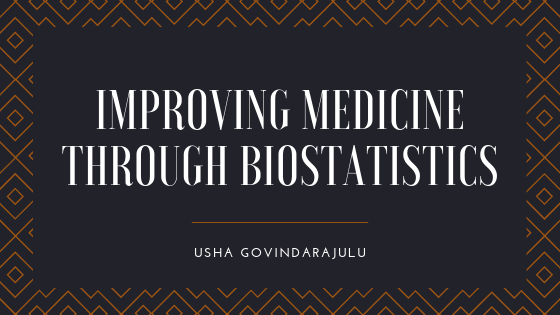One of the fastest growing fields in medicine is biostatistics, a field I am incredibly proud to be apart of. The specifics behind this entity of science involves using mathematics and statistical theory to interpret a wide range of medicine, biology, and public health topics. Biostatistics is helping to improve the medical field through these key methods.
More Accurate Research Trials
One of the biggest concerns with medical studies is that it is possible to manipulate data to support different viewpoints just by tweaking the statistical models used to analyze the data. Biostaticians play an important role in assessing the reliableness of research. They can help to properly interpret results so that the true findings of the study are apparent.
Better Understanding of Disease Outbreaks
This function of biostatistics is particularly important in a time when people are dealing with drug-resistant bacteria and anti-vaccination propaganda. An ability to apply statistical understandings to the data surrounding disease outbreaks can help to identify potential pandemics and find the source of outbreaks before they become even more dangerous. Their ability to determine how dangerous an outbreak is can make sure people get prompt treatment as soon as possible.
Improved Public Health Programs
Biostaticians have the ability to turn large amounts of data into understandable models, and this ability is very helpful for managing public health initiatives. A good biostatistics expert can examine whether or not a proposed program is likely to be effective, and once the health initiative is in place, they can see what factors may affect the program.
Advanced Genome Sequencing Analysis
Biostatistics are responsible for some of the biggest breakthroughs in recent medicine. They provide tools to look at various populations and tell whether certain blood types, ethnicities, or other factors affect the way genes are expressed. This helps researchers to discover how genes can influence the course of various health conditions.
Provide Accurate Assessments of Patients
Statistics are very important for evaluating the outcomes of various diseases and health conditions. The expertise of biostaticians can help to determine how likely a person is to survive cancer or recover from surgery. They can also interpret and evaluate data to predict how certain symptoms will be expressed and help people see their chances of success from various treatments.
